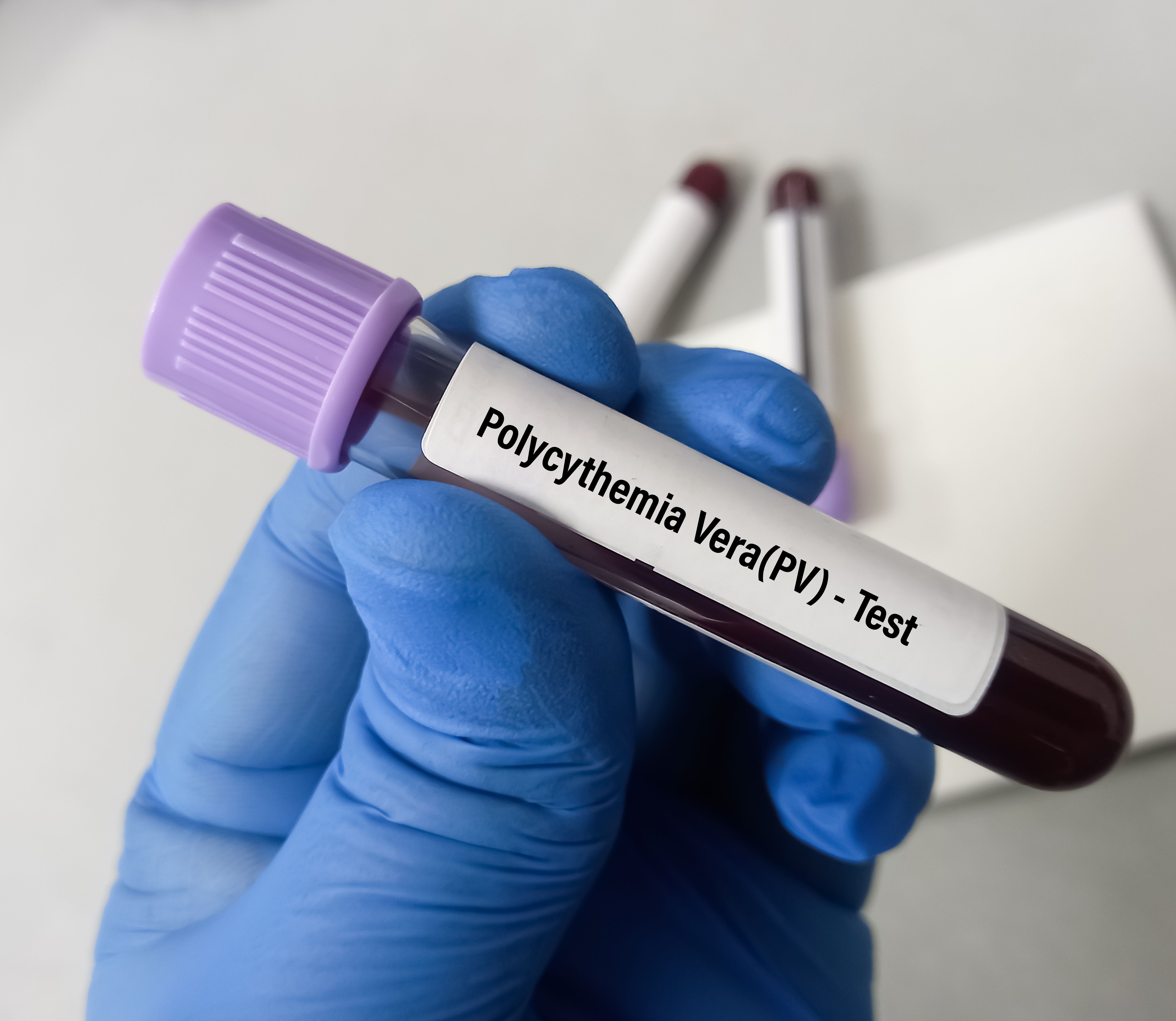Michael Daunov, DO1 and Rebecca B. Klisovic, MD1
Overview
Over the past 35 years, interferons have been explored in various formulations for the management of Philadelphia chromosome–negative myeloproliferative neoplasms (MPNs), such as essential thrombocythemia (ET), polycythemia vera (PV), and myelofibrosis, and remain a key tool in caring for patients with these diseases. These agents are excellent cytoreductive agents with high rates of hematologic response, are helpful in symptom management, and have a long track record of safety and manageable toxicities. More recently, they have shown promise in sustaining responses over many years, with associated reductions in driver mutations (JAK2, MPL, CALR) of these diseases, particularly in PV and ET. Since reductions in molecular mutant allele burden have been correlated with several response outcomes such as reductions in both thrombotic risk and disease progression, there is emerging proof that interferons may offer disease-modifying activity. These long-term benefits and their use as the preferred agent in young pregnant women who need cytoreduction make interferons often the first choice in young adult population who harbor a lifetime risk of progression. Looking forward, the prospect of sustained treatment-free responses, like chronic myeloid leukemia after deep molecular response, and normal life expectancy may also be on the frontier. Despite relative rookies such as JAK inhibitors in the MPN landscape, the veteran in the game, interferon, remains a key player.

